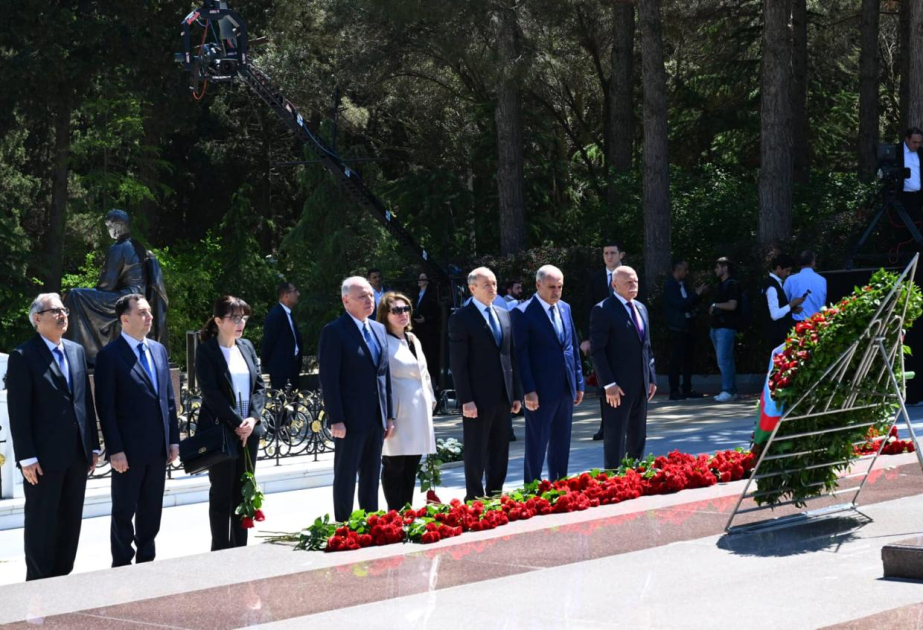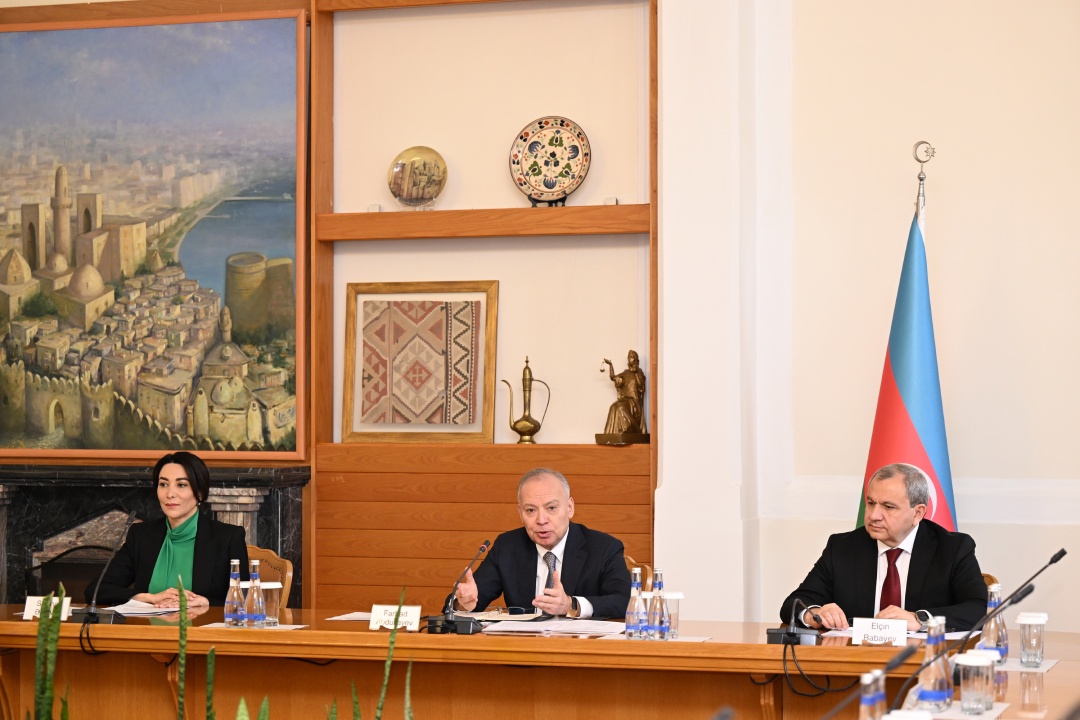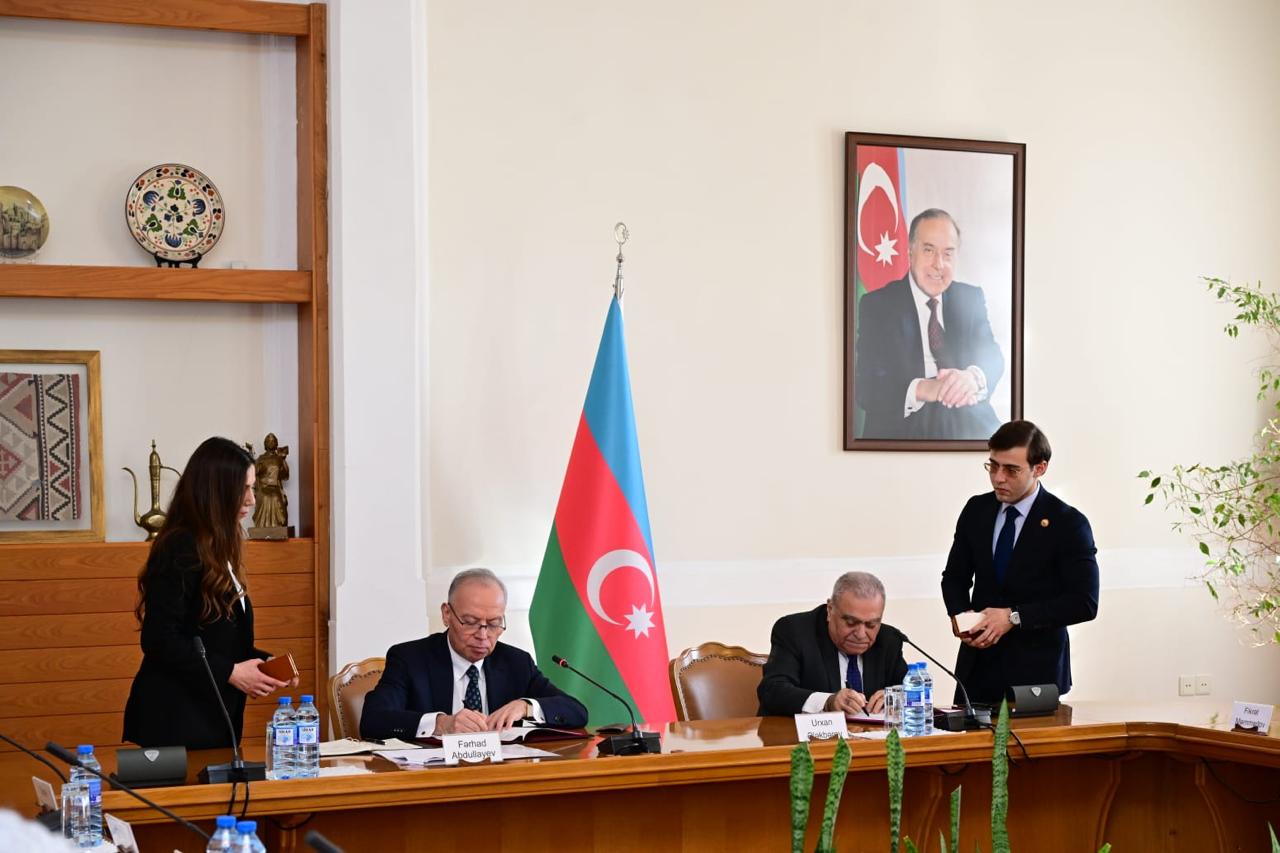15.03.2021
The
Plenum of the Constitutional Court of the Republic of Azerbaijan, chaired by
Farhad Abdullayev, held its regular session via the written procedure of
special constitutional proceedings.
At the court session was examined the constitutional
case based on the request submitted by the Khatai District Court of Baku city on interpretation of Article 54.3 of the Code on
Administrative Offences of the Republic of Azerbaijan and some provisions of
Articles 4, 21 and 27 of the Law of the Republic of Azerbaijan “On Prosecutor’s
Office”.
Having
heard the report of Judge R.Ismaylov, studied and discussed written reports of
representatives of interested parties – Chairman of the Khatai District Court of Baku city R.Rzayev, Head of the administrative legislation sector
of Department of State Building, Administrative and Military Legislation of the
Milli Majlis K.Pashayeva, written opinions of specialist – Chairman of the
Criminal Board of the Supreme Court H.Nasibov, Judge of the Criminal Board of
the Court of Appeal of Baku city G.Babayev, Head of Legal Support and Human
Rights Department of the Prosecutor General's Office A.Osmanova, and also the conclusion of the expert - associate professor of Constitutional Law of Baku State University, doctor of philosophy in law S. Aliyev, the
Plenum of Constitutional Court of the Republic of Azerbaijan adopted decision.
The decision states that, on the basis of requirements
of part X of Article 71 of the Constitution of the Republic of Azerbaijan, in
accordance with the current version of Articles 54.2, 54.3 and 54.6 of the Code
on Administrative Offences of the Republic of Azerbaijan, the prosecutor has
the right to lodge a protest with the court against the decision made on case
of administrative offences initiated on own initiative, as well as in relation
to minors, regardless of whether he/she participated in the trial or not.
To take into account the legal issues specified in the
descriptive and motivational part of this decision.
The decision comes
into force from the date of its publication, is final, and may not be
cancelled, changed or officially interpreted by any institution or official.


















